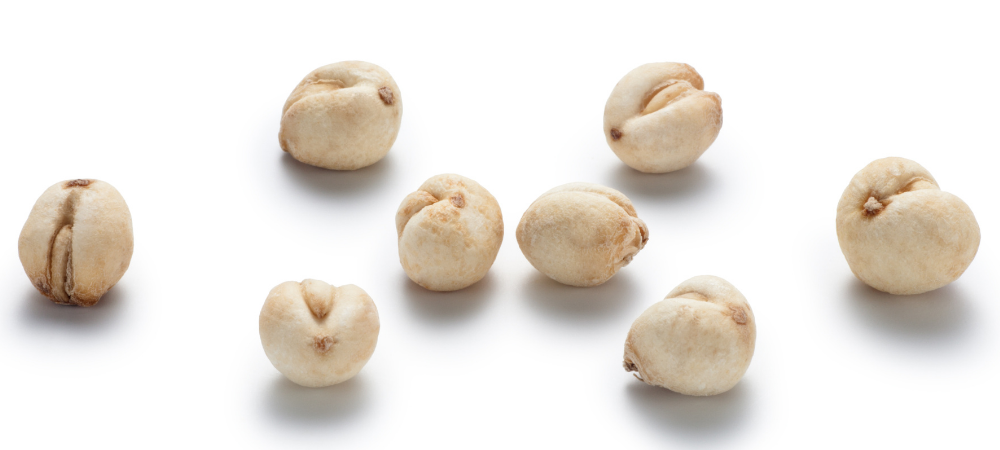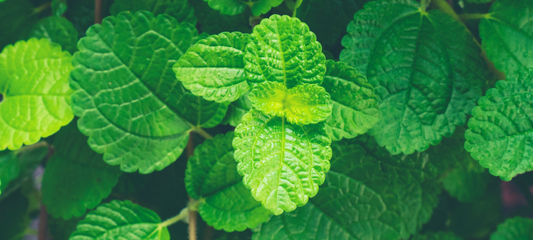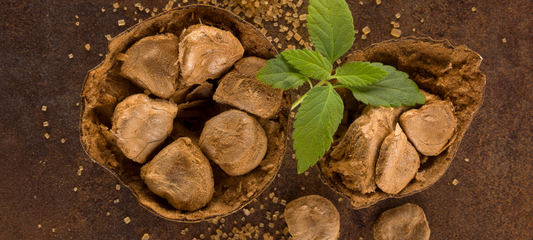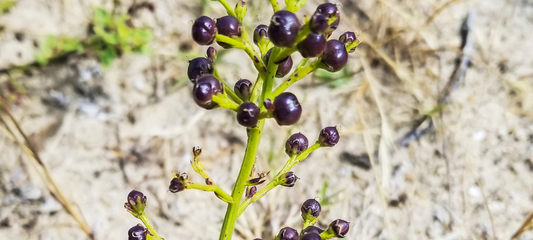
Fritillaria Root (Zhe Bei Mu & Chuan Bei Mu) for Soothing Relief
Share
Fritillaria root, commonly known as Zhe Bei Mu or Chuan Bei Mu in traditional Chinese medicine (TCM), is a prized herb renowned for its ability to support respiratory health. Derived from the bulbs of the Fritillaria plant, this botanical has been used for centuries to clear heat, dissolve phlegm, and soothe irritation in the lungs and throat.
With its rich history and powerful properties, Fritillaria root continues to play a key role in herbal remedies today, including its inclusion in Golden Lotus Lung & Throat Lozenges, where it contributes to a balanced and effective formula for lung and throat support.
Two Fritillarias: Zhe Bei Mu and Chuan Bei Mu
Fritillaria root comes in two main varieties: Zhe Bei Mu and Chuan Bei Mu. While both share similar properties, each has unique characteristics:
- Zhe Bei Mu: This variety, grown primarily in Zhejiang Province, is often used for acute conditions like coughs with thick phlegm or respiratory discomfort caused by heat in the lungs. It’s known for its cooling and phlegm-resolving properties.
- Chuan Bei Mu: This variety, sourced from Sichuan Province, is more commonly used for chronic, dry coughs and throat irritation. It is gentler and moistening, making it ideal for soothing persistent discomfort.
Both varieties are featured in TCM formulas and are known to complement each other when addressing a range of respiratory concerns.
The History of Fritillaria Root in Traditional Medicine
Fritillaria root has been a cornerstone of TCM for over 1,500 years. First documented in ancient medical texts like the Tang Ben Cao (Tang Materia Medica), it was praised for its ability to "cool heat in the lungs" and "transform phlegm." TCM practitioners often prescribe Fritillaria root to address symptoms such as coughs, sore throats, and chest congestion, particularly those linked to dryness or heat.
The herb was often paired with other botanicals, such as loquat leaf or licorice root, to enhance its effects. Its reputation for balancing the body’s internal energy (Qi) and relieving respiratory ailments has made it a staple in TCM for generations.
A Modern Perspective
Today, Fritillaria root continues to be recognized for its health benefits, with modern research validating its traditional uses. Key compounds in Fritillaria root include alkaloids, such as peimine and peiminine, which are known for their:
- Phlegm-Resolving Properties: Fritillaria root helps to break down and expel mucus, clearing airways and making it easier to breathe.
- Anti-Inflammatory Effects: Its soothing qualities help calm inflammation in the respiratory system, relieving irritation in the lungs and throat.
- Moistening Action: Particularly beneficial for dry or persistent coughs, Fritillaria root helps hydrate and lubricate respiratory tissues.
- Antitussive (Cough-Suppressing) Properties: By reducing the urge to cough, it offers relief for those experiencing chronic or irritating coughs.
Fritillaria Root in Golden Lotus Lozenges
The inclusion of Fritillaria root in Honey Menthol Lung & Throat Drops is no coincidence. Both Zhe Bei Mu and Chuan Bei Mu are carefully selected to provide targeted support for throat and respiratory wellness. These herbs work synergistically with other ingredients, such as platycodon root, licorice root, and menthol, to create a lozenge that:
- Soothes sore throats and alleviates dryness
- Clears mucus and opens up airways
- Provides cooling relief for irritated tissues
Whether you're battling a stubborn cough or simply want to support your respiratory health, the presence of Fritillaria root in these lozenges ensures you’re receiving time-honored herbal care in a convenient form.



